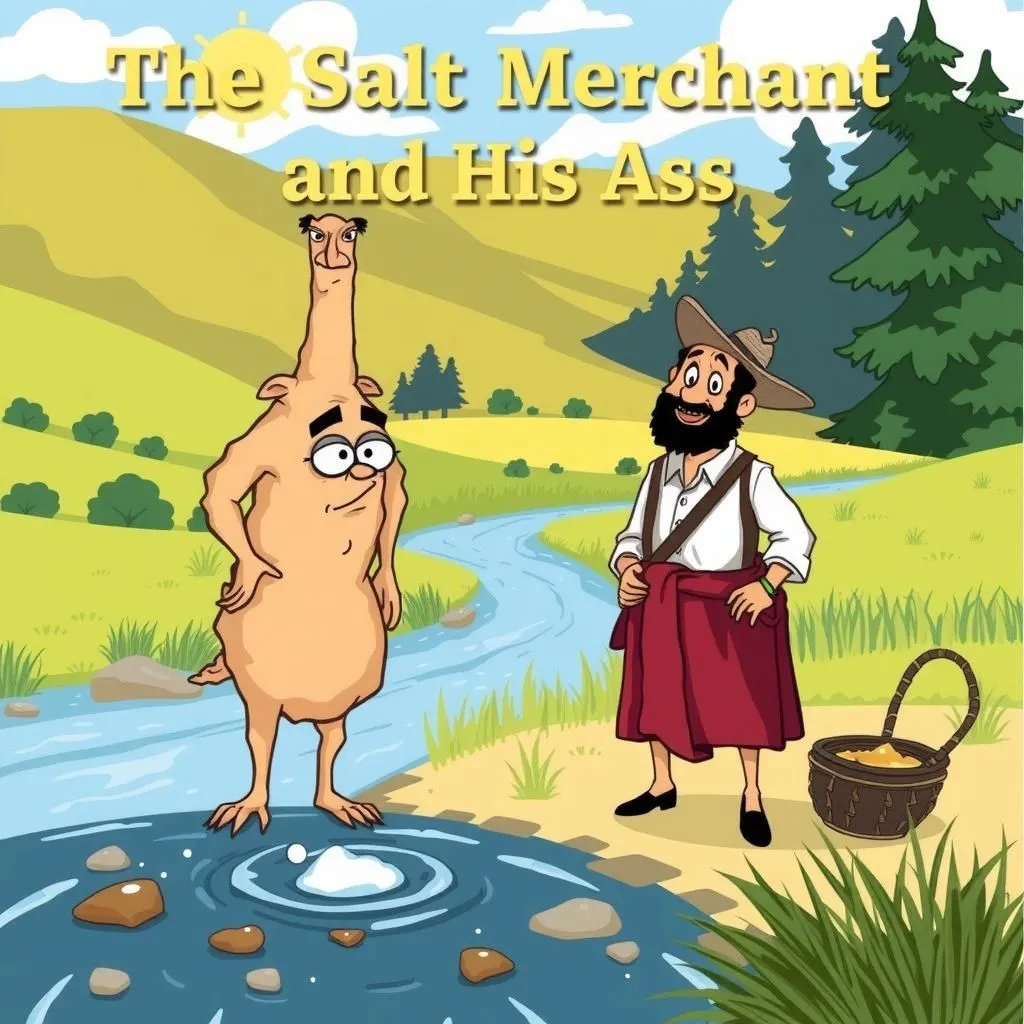
The Mother and the Wolf
In this moral-based storytelling tale, a famished wolf waits outside a cottage after hearing a mother threaten to throw her child to him, only to later hear her reassuring the child that they would kill the wolf if he approached. Disappointed and empty-handed, the wolf returns home to explain to Mistress Wolf that he was misled by the woman's words, highlighting the importance of discerning truth in meaningful stories with moral lessons. This best moral story serves as a cautionary reminder for class 7 students about the dangers of taking words at face value.


